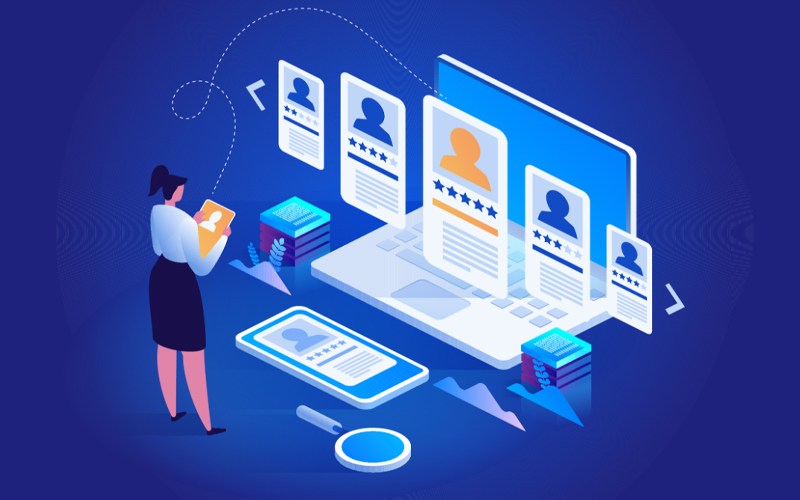Harbouring doubts and anxieties about whether they took their pill is not uncommon for patients following a medication regimen. Non-adherence to medication is more prevalent than we might realise. The global medication adherence rate is only 25% to 50%. Aids such as pillboxes labelled with the days of the week have proven inadequate in addressing this concern due to a crucial limitation: they cannot combat forgetfulness. Whether stemming from simple human oversight or arising from acute mental conditions, forgetfulness poses serious consequences for patients on a disciplined medication plan.
As of a 2018 report, failing to take medication as prescribed resulted in approximately 125,000 avoidable deaths annually in the United States and imposed an annual healthcare cost of around $300 billion. If the expenses associated with treating the symptoms of medication errors were factored in, the total cost would likely reach $500 billion.
Fortunately, the ongoing quest for more effective and convenient methods of delivering medication and addressing health needs led to innovative minds of the medical, research and technology fraternities to collectively develop digital pills.
Digital pills, also known as smart pills or smart medication, embody a form of medical technology that facilitates the traceability of medication. They integrate conventional medication with embedded sensors and wireless communication capabilities, specifically crafted for monitoring and enhancing medication adherence.
How do digital pills work?
Digital pills do not change the chemical composition of the medicine. They revitalise existing medications. Here's how digital pills operate:
- Medication: The pills contain the actual medication needed to treat the patient's condition.
- Embedded sensor: Within the pill, there is a tiny ingestible sensor, often made from materials like silicon or magnesium, which is safe for consumption.
- Wireless communication: The ingestible sensor is equipped with wireless communication capabilities that allow data transmission.
- Receiver and app: Patients wear a receiver or use a smartphone app—provided by a healthcare provider—that detects and records data transmitted by the sensor.
- Data monitoring: The sensor tracks when the pill is ingested and transmits this information to the receiver or app.
- Healthcare provider access: Healthcare providers can access the data remotely to monitor patient adherence and response to medication.
The first FDA-approved digital pill, Abilify MyCite, monitors medication intake in mentally ill patients. Developed by Proteus Health Digital in partnership with Otsuka Pharmaceuticals, this digital pill comes with an ingestible sensor that activates in the stomach, transmitting signals to a patch on the rib cage. This patch connects to an app, notifying doctors of non-compliance and allowing them to closely oversee patient adherence. Even caregivers can have access to this information, provided patients grant them.
Benefits of digital pills
Jack Scannell, an analyst, underscores the potential impact of the technology on healthcare dynamics. This is what he has to say: "If you look at the variance in patient outcomes, it’s often much more to do with compliance and adherence than it is to do with the molecule. If you give someone a cheap old generic they actually take, that’s far more effective than a whizzy new molecule that they don’t."
Traditionally, responsibility for adhering to the prescribed medication regimen has rested on the patient. This poses a notable challenge for individuals with severe mental and neurological conditions such as schizophrenia, dementia and severe depression, where medication compliance is crucial. The advent of digital pills has proven especially beneficial for this demographic, as it has transferred the responsibility of timely medication to technology.
Real-time monitoring capabilities represent another significant advantage of digital pills. This feature empowers healthcare providers to make timely dosage adjustments informed by current data. Consequently, it fosters improved medication management and communication between patients and healthcare professionals.
A remarkable journey
The trajectory of medication is truly extraordinary - from the ancient practice of crushing medicinal herbs with a mortar and pestle to the contemporary era of sophisticated drug synthesis and mass production. Each phase in the progression of medication highlights the significant impact of research and technology, whether it is the shift from consuming herbal extracts to taking tablets and capsules, the introduction of automatic pumps, or the present-day innovation of digital pills.
The advancement of digital health tools and solutions is integral to the enhancement of the healthcare system, and digital pills represent a groundbreaking development toward this goal. Although they appear to have a promising future, with ongoing research and development, their adoption prompts discussions around regulatory frameworks and ethical considerations related to patient privacy, data security, and consent. Striking a balance between technological innovation and ethical guidelines will be crucial.







